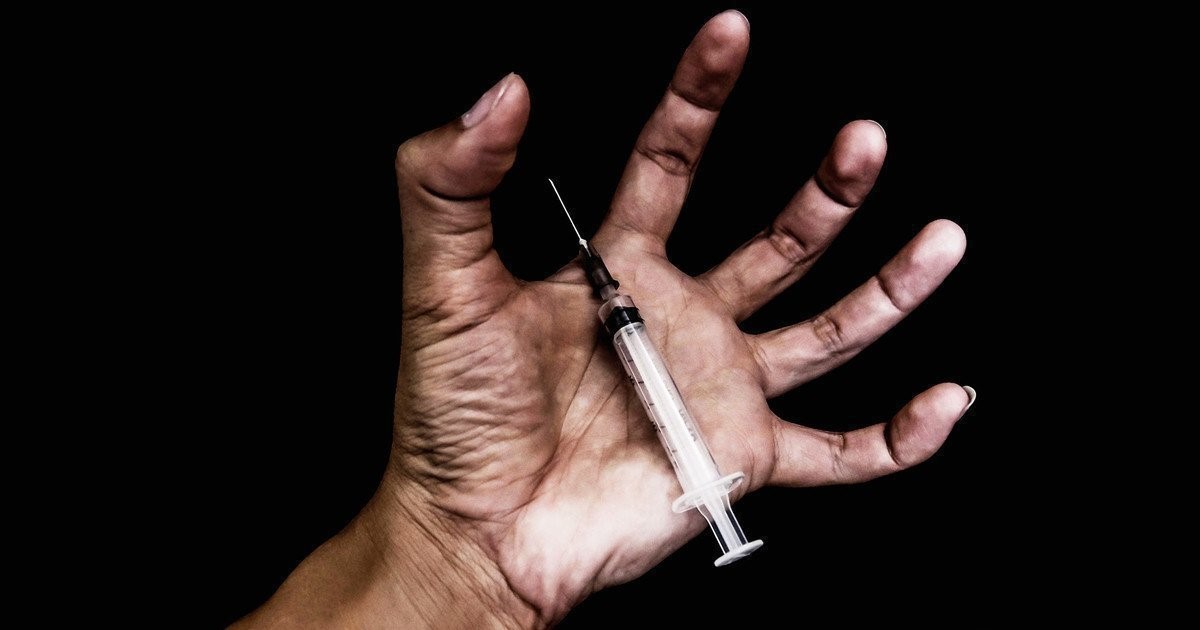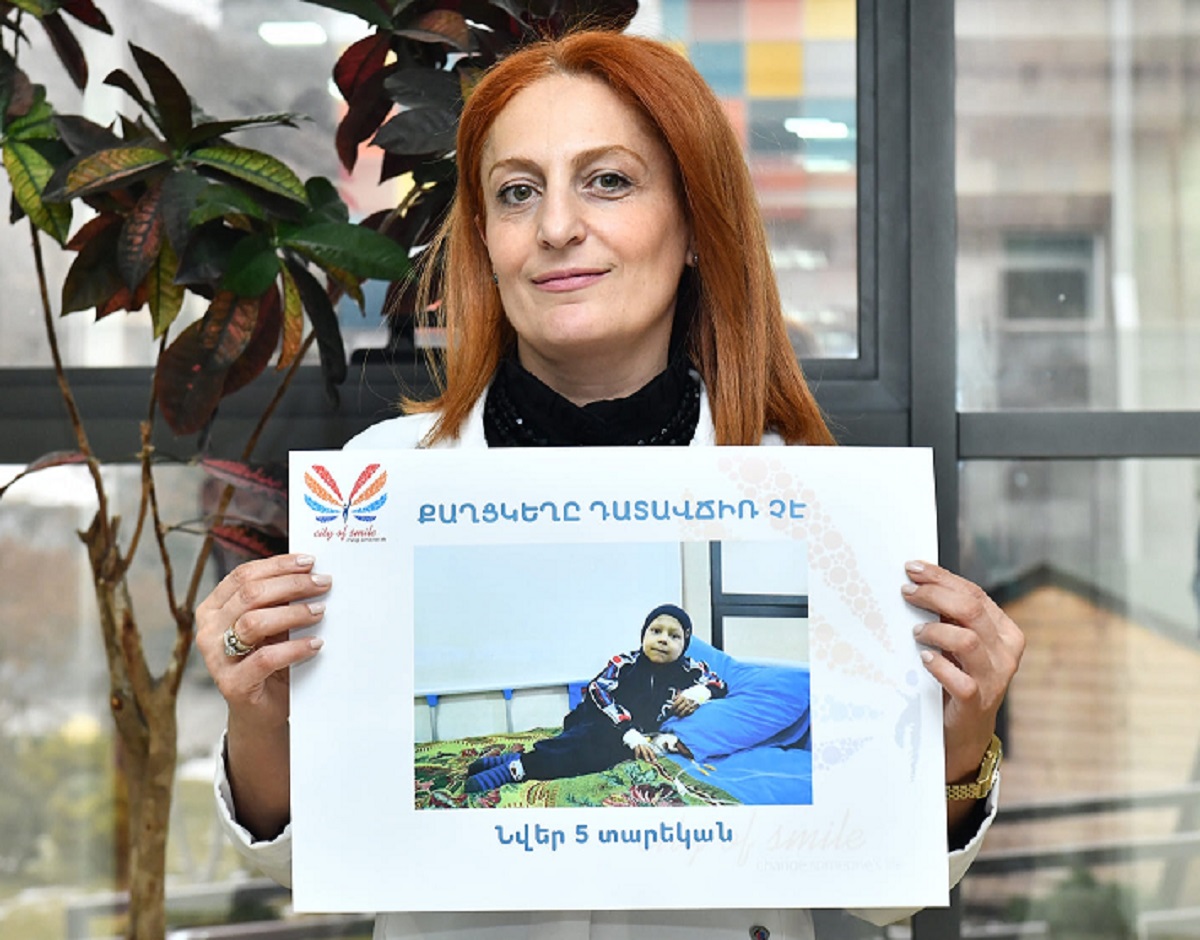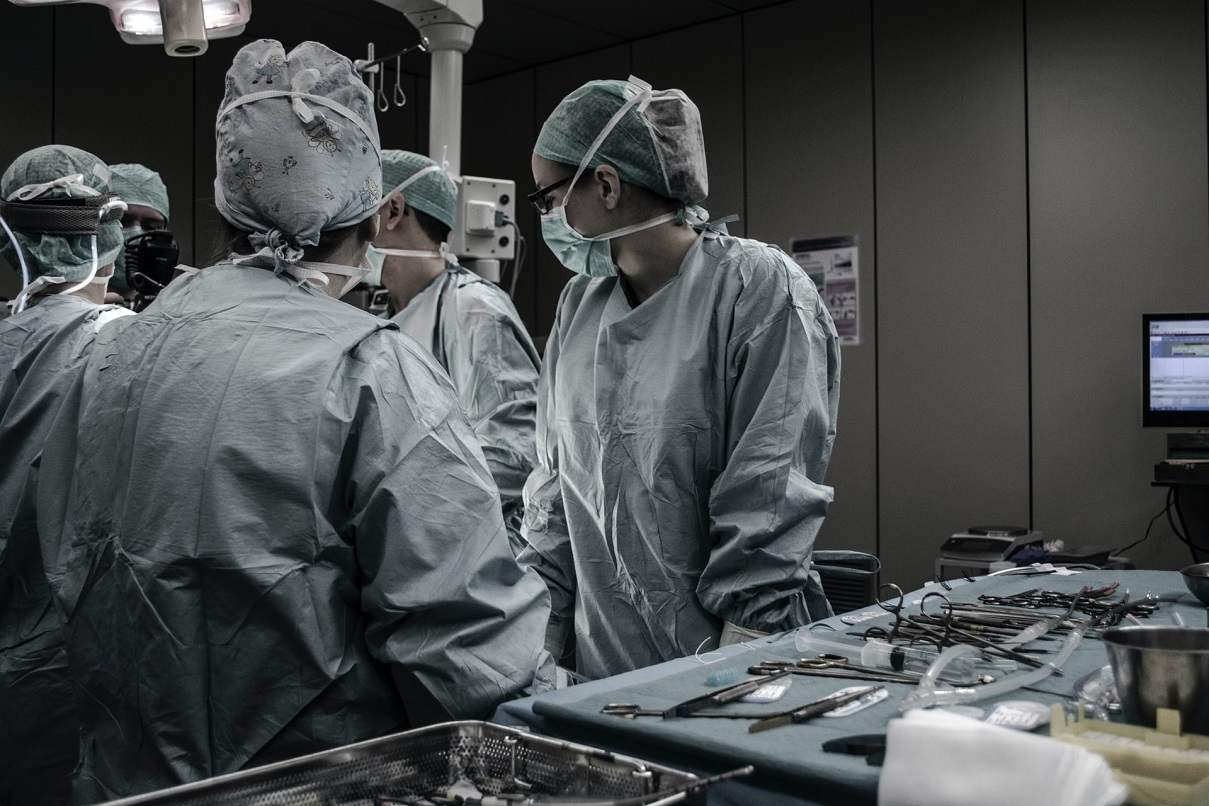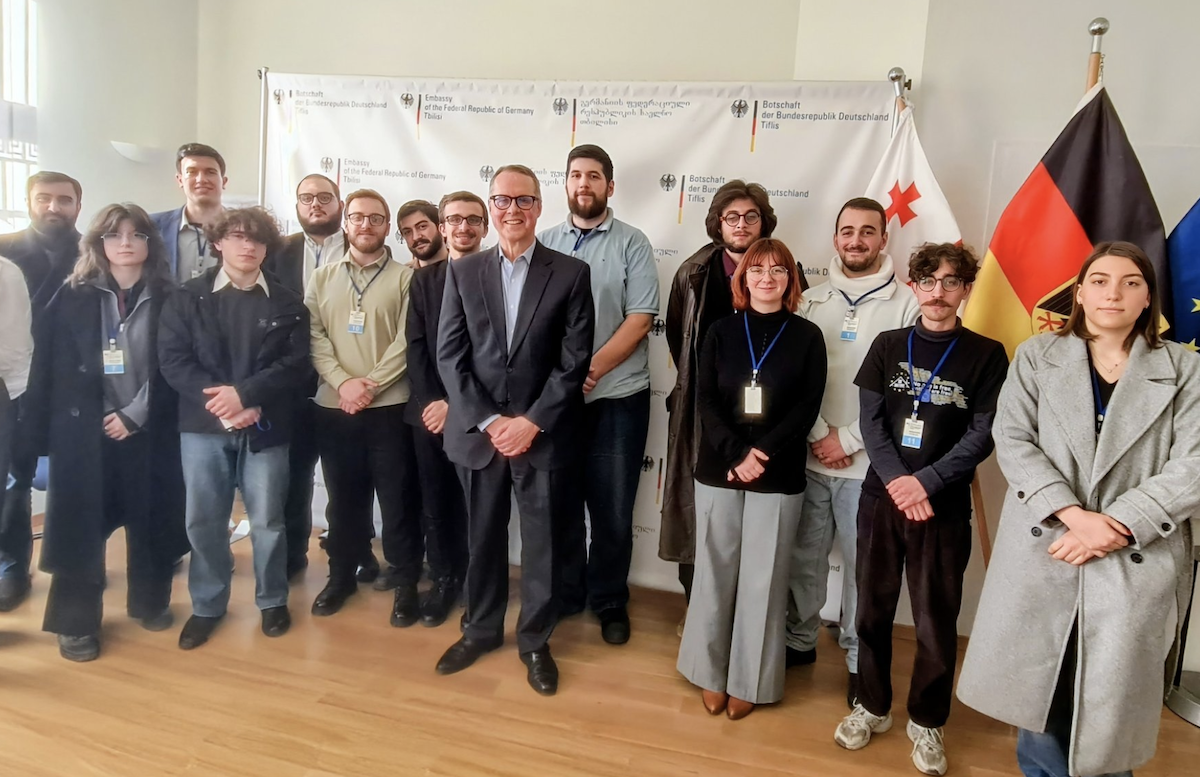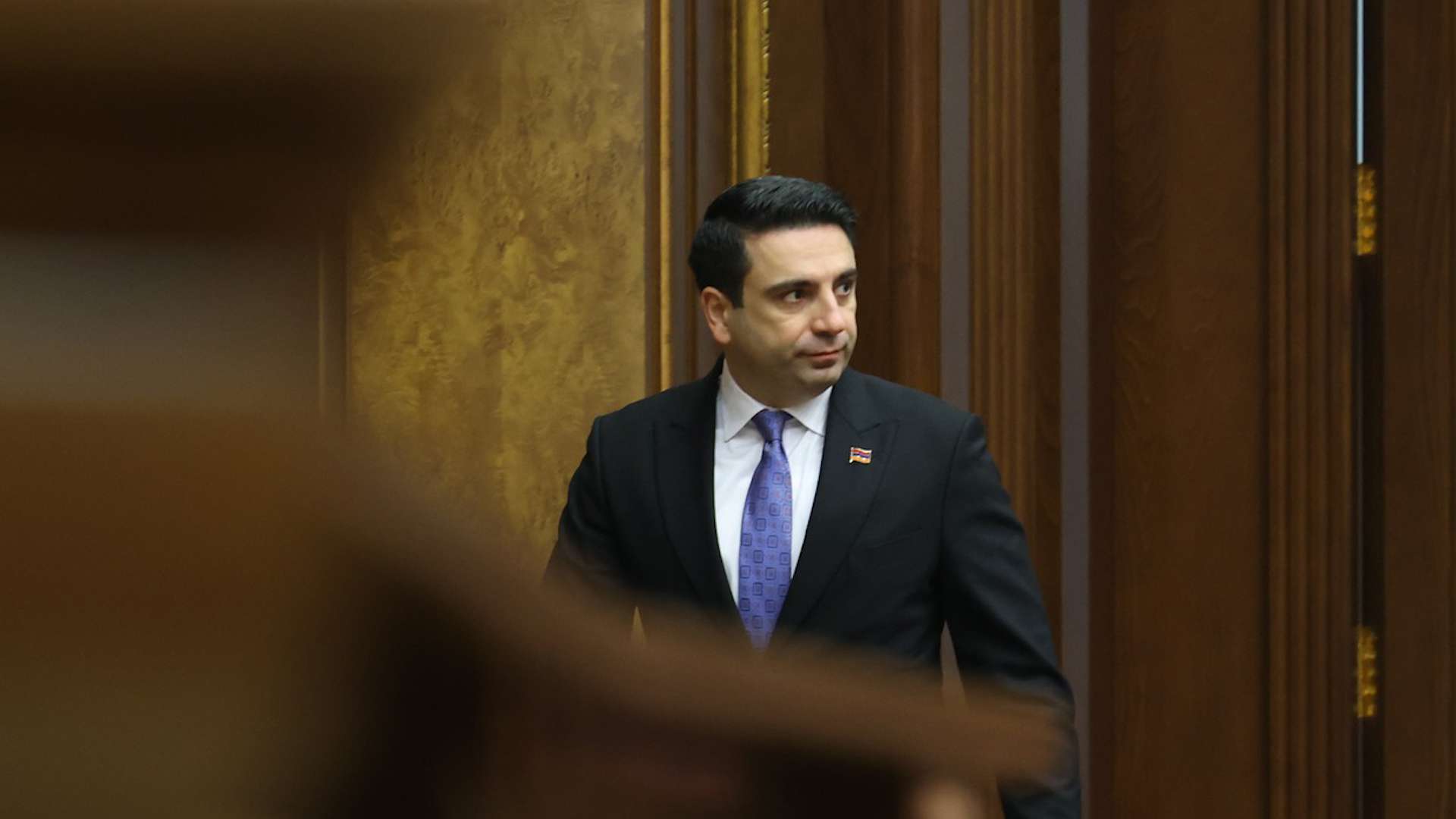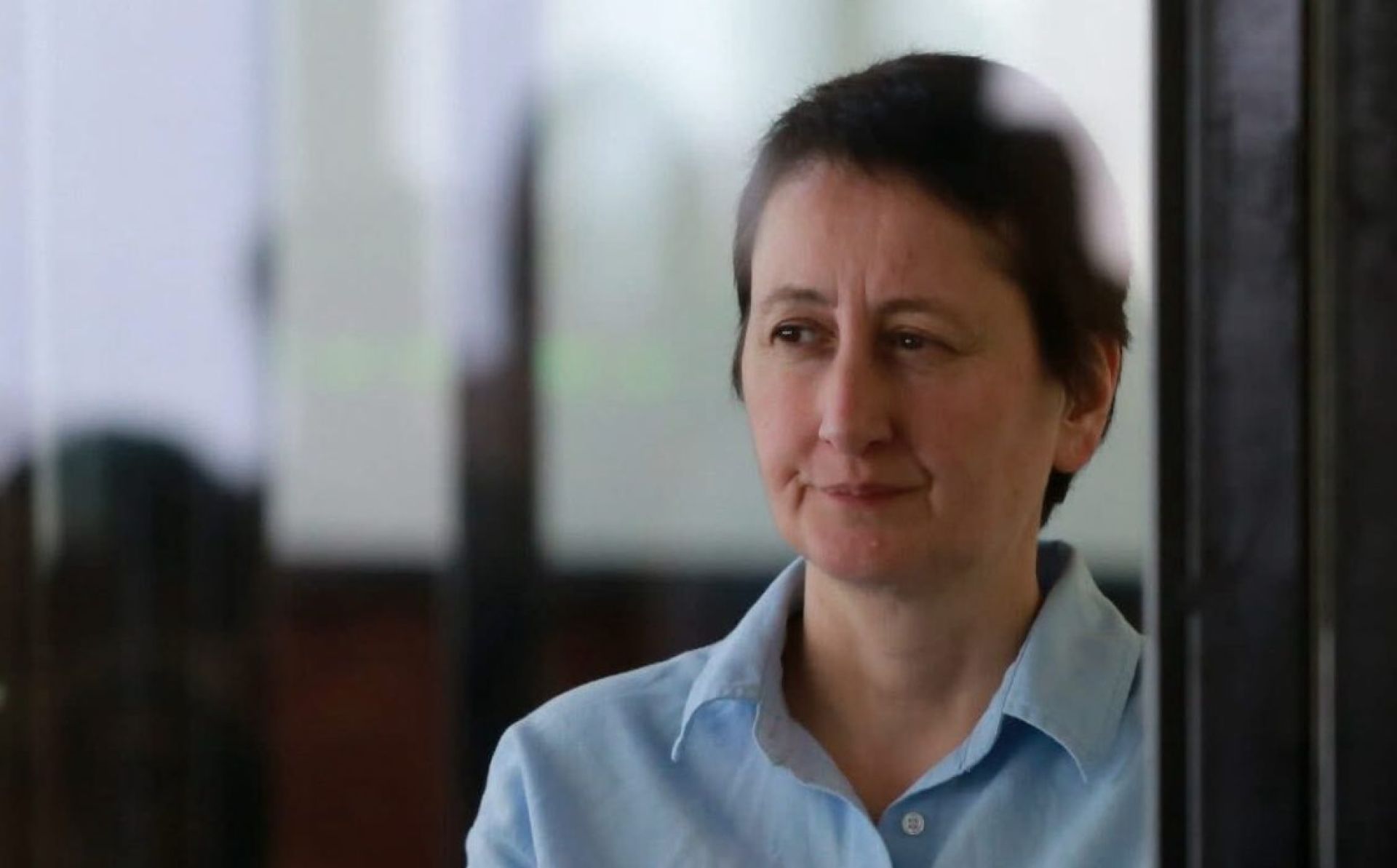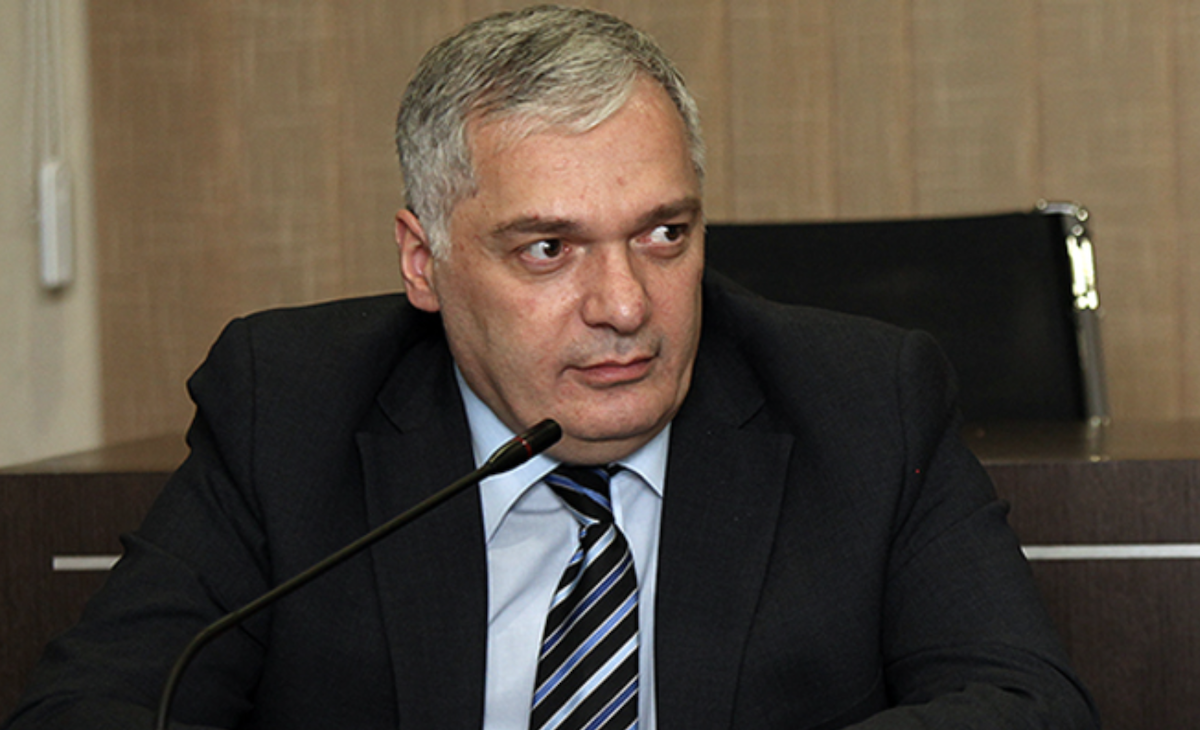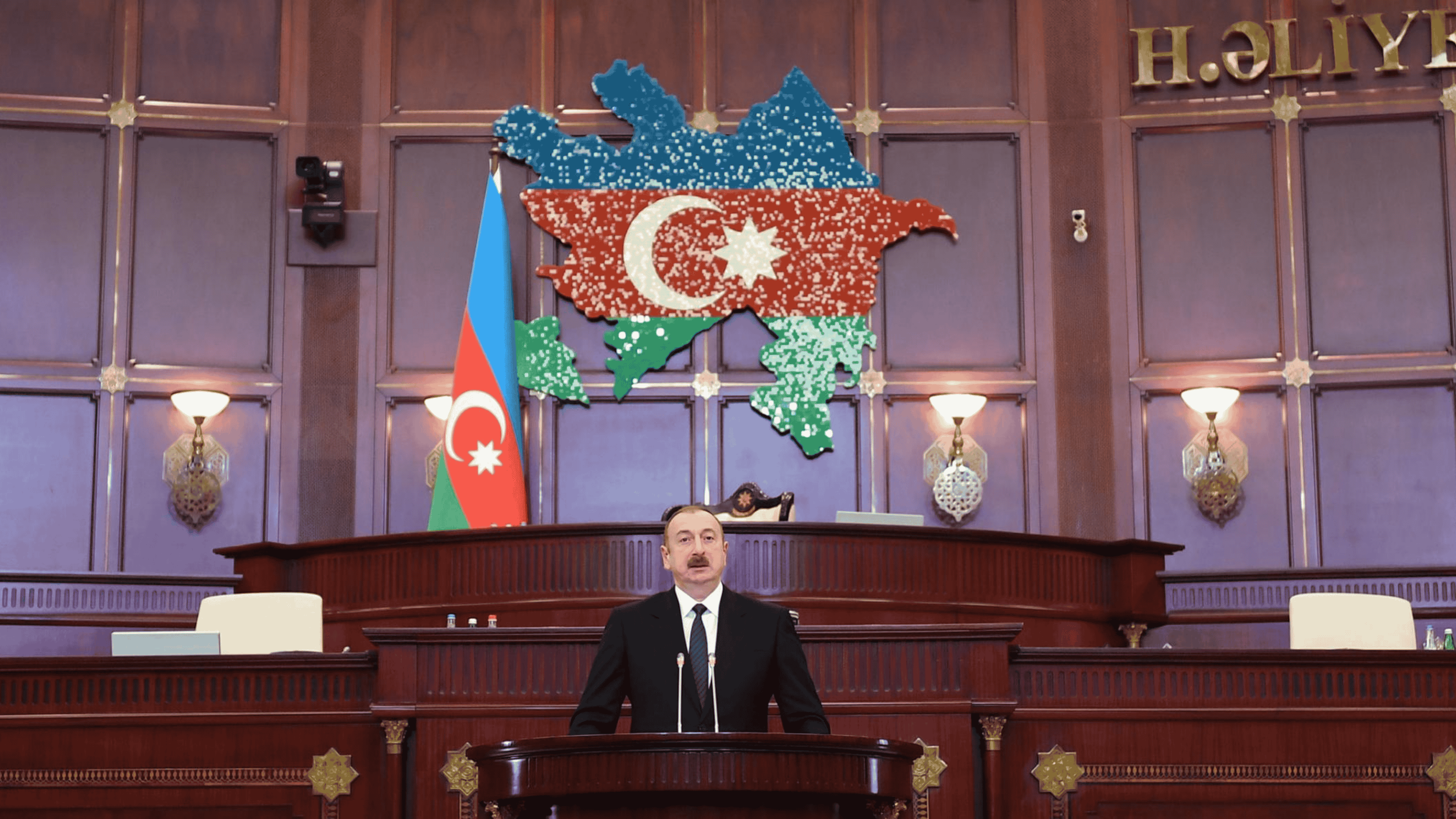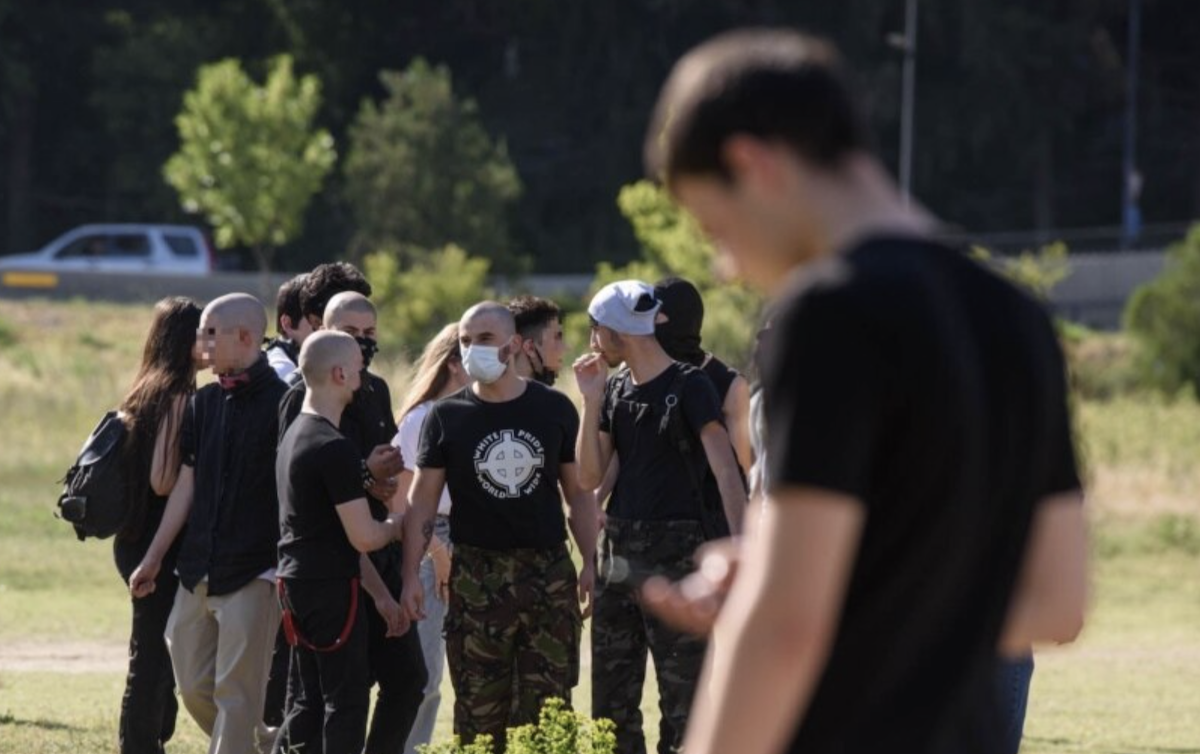'Blacklist' of Armenian doctors: medical errors and possible consequences
Medical errors in Armenia
In the Armenian segment of social media, posts about medical errors and their consequences appear regularly. Many such stories can be found on Facebook, where there is a group called “Blacklist of Doctors.”
People add doctors to the blacklist whom they believe made an incorrect diagnosis, acted negligently, or failed to provide sufficient attention to a patient.
According to WHO, medical errors are the 14th leading cause of death worldwide. However, Armenia has no official statistics on medical errors. The Criminal Code does not define what constitutes a “medical error,” making it difficult to process cases and hold doctors accountable.
We present two personal stories from individuals who believe they experienced medical negligence leading to severe consequences. They provided details about the clinics where they were treated and the specific doctors they blame. However, we are not publishing their names, as both women intend to take legal action.
JAMnews will follow the court proceedings and return to these cases once verdicts are announced.
- Armenian children lead world in sugar consumption, sparking health concerns
- “Cancer can be beaten”: personal stories from Armenia
- Electronic prescriptions in Armenia: How the ‘anti-self-medication project’ is being implemented
“Indifference and negligence led to my father’s death”
Shushan Petrosyan blames her father’s death on his attending doctor. She says that in April 2024, he was diagnosed with colorectal adenocarcinoma. The surgery was successful, and he continued treatment, including chemotherapy, at another clinic.
According to Shushan, at this second hospital, her father was neglected, and his complaints were ignored. Meanwhile, the tumor continued to progress, and in the end, his life could not be saved.
“The head of the hospital department, who was supposed to oversee my father’s health, was either absent or too busy. There was complete indifference toward the patient. No one listened to his complaints. We only saw and had a proper conversation with his doctor during the first visit. This indifference and irresponsibility caused my father’s death.
After the surgery, he felt well. He had no complaints. Outwardly, he seemed like a healthy person. But during chemotherapy, he started experiencing pain. He repeatedly told the medical staff about it. They kept insisting that it was normal, even a good sign, indicating positive progress.
For more than two months of chemotherapy, the doctor never once tried to determine the cause of his pain.
That’s why we decided to do a CT scan, and it turned out that the tumor had grown. We switched hospitals and found another doctor. But it was too late—just a few days later, my father passed away,”Shushan recounts.
She says she witnessed a lack of medical ethics and inhumane conditions at the clinic:
“All patients, regardless of the severity of their condition or cancer stage, received chemotherapy together in a single room. People who came for treatment, hoping to recover, watched others who wouldn’t survive until their next session. It was psychological abuse.”
Additionally, she was outraged by the clinic’s practice of extorting money for medication:
“The same medicines were sold at lower prices in pharmacies. But those who refused to buy from the hospital were treated poorly. They also demanded extra payment for chemotherapy in a private room, only to then place other patients in the same room anyway.”
Shushan plans to file a lawsuit against the clinic and the doctor for negligence. She insists that as a doctor herself, she wouldn’t have taken legal action unless there were serious grounds to do so.
“Baby was born without cry, they shook him and rushed to ICU”
Ermine Oromyan shares the difficulties she faced during childbirth. She believes that doctors realized too late that a C-section was necessary, and that her child survived by a miracle.
“My pregnancy was completely normal. The baby was developing well. Doctors said he was large. Three to four days before my due date, my blood pressure started rising. I went to the doctors. They prescribed injections to be administered at home. That was already a mistake.
I don’t know if there are other pregnant women who receive injections at home in their final week. In any case, the problem wasn’t resolved. So I went back to the hospital. But they didn’t admit me. I believe that was also a mistake.
At 40 weeks, my blood pressure was 140–150, yet I was not placed under observation. My body was clearly signaling that something was wrong.
I insisted on being admitted to the hospital. They took a blood test. It showed that my protein levels were extremely high. They also discovered that my amniotic fluid was cloudy, which could have harmed the baby. I believe I should have been given an immediate C-section. But the doctors preferred to wait for a natural birth.
Hours passed. The baby was not descending. But the doctors kept waiting. They pressed on my stomach, made me squat to help the baby move down. And only when they saw that his heartbeat was weakening did they take me for a C-section. They waited until the very last moment.
The baby was born without a cry, they shook him and rushed him to the ICU. My high blood pressure, high protein levels, and issues with amniotic fluid were clear indicators that they shouldn’t have delayed.”
The woman says her baby remained in critical condition for nine days. His lungs were damaged, and he was fed through a tube. Her own hemoglobin levels dropped dangerously low after the C-section, and she herself had to suggest a blood transfusion to the doctors.
Ermine Oromyan is also considering legal action. She believes that such doctors should lose their medical licenses. However, she doubts the court will deliver a fair verdict:
“I don’t know how to prove in court that what happened was medical negligence. When you’re not a doctor and don’t understand everything, specialists can come up with a thousand excuses. They can say they’re not at fault.
Even after the birth, they told me: ‘Why are you so worried? Everything turned out fine.’ But I felt completely powerless.”
Law provides for punishment
The term “medical error” is not defined in the Criminal Code. However, the law establishes three types of liabilityfor negligence toward patients and professional mistakes by doctors:
1. Disciplinary liability, which, depending on the degree of fault, may result in dismissal, loss of bonuses or professional ranking, reprimand, reassignment, or other penalties.
2. Civil liability, under which compensation for harm to the patient’s health and moral damages is required. The law does not specify the amount of compensation—the patient must calculate the sum and justify it with supporting receipts and documents.
3. Criminal liability, applicable if a forensic medical examination confirms serious harm to a patient’s health or death. A doctor can be held criminally liable only if significant damage to the patient’s health has occurred.
Experts note that the number of criminal cases filed under “failure to perform or improper performance of professional duties” is disproportionately low compared to the number of complaints received.
They believe that flaws in legislation allow doctors to avoid responsibility or face only minor penalties.
“Doctors are often blamed even when they are not at fault”
Former Justice Minister Arpine Hovhannisyan acknowledges that doctors can make mistakes but also believes:
“People often blame doctors even when they are not at fault. International practice distinguishes between cases where a doctor’s responsibility is not in question—because their actions or inaction did not contribute to the outcome—and cases where medical errors or professional negligence played a role.
Armenia’s criminal law does not address ‘medical errors’ specifically but instead refers to the failure or improper performance of professional duties, particularly due to negligence.
People need to differentiate. Some complications may arise during medical interventions, such as surgery. These are not necessarily the result of criminal negligence.
A doctor can be held accountable if, for example, they were aware of a potential complication but overestimated their ability to prevent it. Or if they failed to anticipate a complication that they reasonably should have foreseen.
For instance, when a patient undergoes tumor removal, they require regular check-ups and monitoring to detect possible recurrence. This follow-up is crucial to assessing how effectively the surgeon performed their work.
The post-operative care plan and patient pathway are extremely important. If a doctor fails to provide proper guidance, their liability may be questioned. However, if a patient does not follow medical instructions, the situation is entirely different.
To discuss liability, we must determine at what stage and after what actions the problem arose. The treating physician is not always at fault.
Let me give another example. A diabetic patient undergoing surgery has a high risk of poor wound healing or non-healing wounds. Both informed patient consent before the procedure and proper post-operative care are essential.
In such cases, a doctor’s actions do not typically constitute a punishable medical error. However, the doctor must inform the patient of all possible risks and consequences. That is why people should seek out medical professionals who clearly explain the purpose of a procedure and its potential risks.”
According to Arpine Hovhannisyan, patients and their families must objectively assess the situation. They should determine whether the issues resulted from a doctor’s mistake or were expected complications of the condition, delayed medical intervention, or failure to follow post-operative instructions.
She acknowledges that in such situations, emotions often outweigh reason, but this should not be the deciding factorwhen discussing liability:
“If a patient or their relatives intend to hold a doctor accountable, they must have all the necessary documents to initiate legal proceedings. They must prove that the complication was a direct result of the doctor’s actions or negligence.”
Hovhannisyan regrets that Armenia lacks professional risk insurance for doctors. She points out that such mechanisms are widely used in international practice, offering protection for doctors while ensuring that patients receive compensation in case of complications:
“Insurance companies assume the potential risks that patients face. This helps prevent the emotional trauma of trying to find someone to blame at all costs.
I believe that, in balancing the rights and interests of both patients and doctors, introducing this mechanism would be an important step worth considering.”










